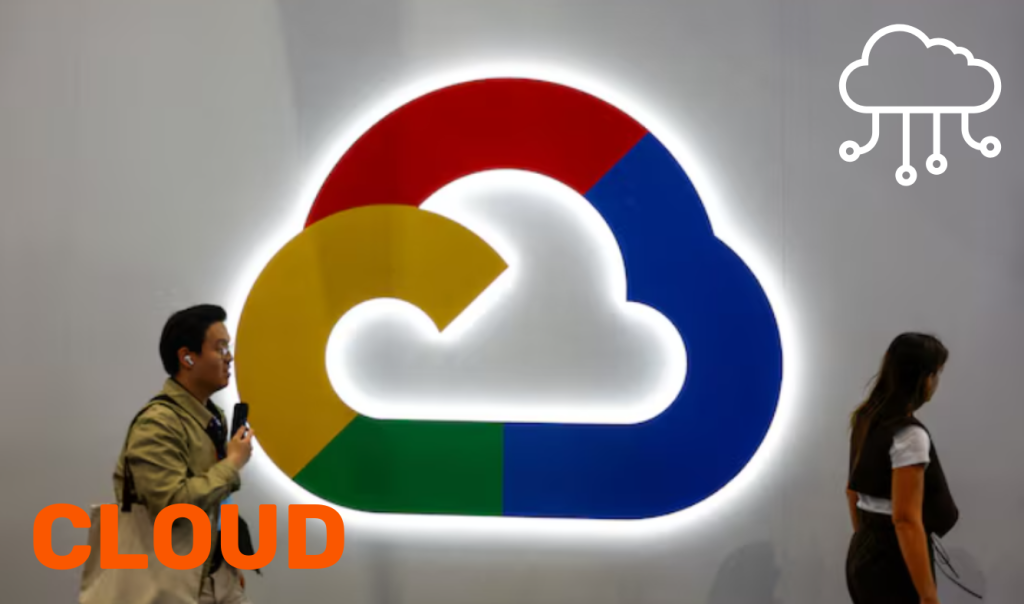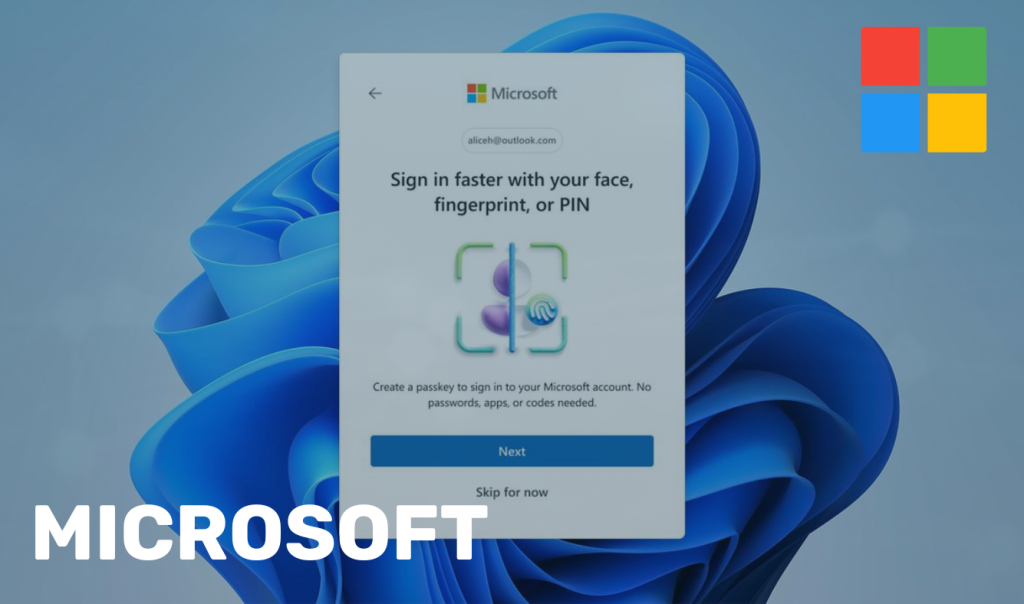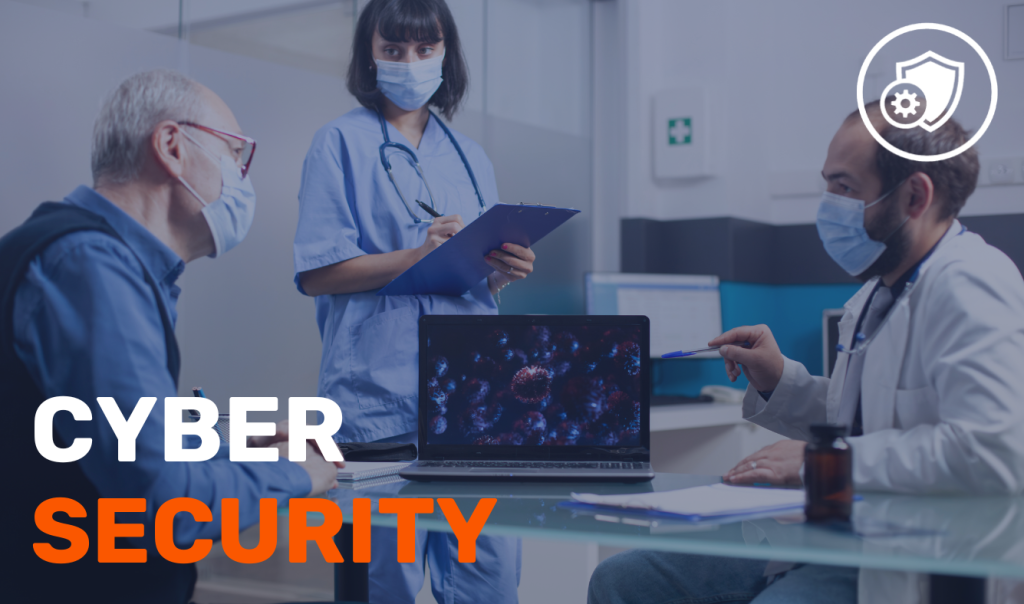Software as a Service (SaaS) has become the backbone of modern businesses, offering solutions that are accessible from anywhere and easily scalable to meet growing needs. From CRM platforms like Salesforce to productivity tools like Google Workspace, SaaS applications provide essential services to businesses across the globe. However, with the growing reliance on cloud-based services comes a rising wave of cybersecurity threats. For SaaS companies, Cybersecurity is critical not only to protect sensitive data but also to maintain customer trust and meet stringent regulatory standards.
In this post, Creative Networks explores the vulnerabilities SaaS companies face, the importance of strong cybersecurity, and the key strategies every SaaS business should implement to safeguard their platform.
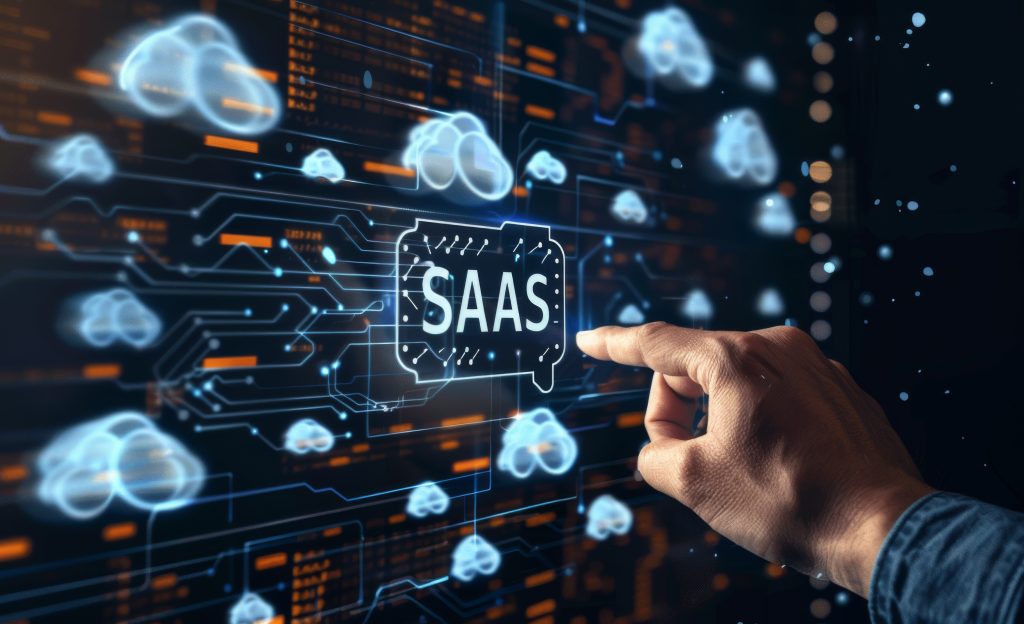
What Are SaaS Companies and Why Are They Vulnerable?
SaaS companies provide software solutions via the internet, allowing customers to use applications without installing or maintaining them on their own infrastructure. Unlike traditional software, SaaS is hosted on external servers and accessed through the cloud. This delivery model offers significant benefits—scalability, cost-efficiency, and ease of use—but it also presents unique cybersecurity challenges.
Key Vulnerabilities Facing SaaS Companies
- Data Breaches: The nature of SaaS platforms makes them attractive targets for cybercriminals. SaaS applications often store vast amounts of sensitive data, including financial records, personal information, and business-critical data. A successful data breach could expose this information, leading to identity theft, financial loss, and reputational damage.
- Account Takeover Attacks: One of the most common attacks on SaaS platforms is account takeover, where an attacker gains unauthorized access to a user’s account. This can happen through phishing attacks, where users unknowingly share their login credentials, or through weak password security. Once inside, attackers can steal data, make unauthorized transactions, or disrupt services.
- DDoS Attacks: Distributed Denial of Service (DDoS) attacks overwhelm a SaaS platform by flooding it with traffic, causing service disruptions. Prolonged downtime can severely impact a SaaS company’s revenue and reputation, particularly when customers rely on the platform for mission-critical operations.
- Third-Party Vendor Risks: SaaS platforms often integrate with third-party services to enhance functionality, such as payment processors or cloud storage providers. These third-party services can introduce vulnerabilities. If a vendor’s security is compromised, it can provide attackers with a backdoor into the SaaS platform.
- Compliance Challenges: SaaS companies often serve a global customer base, which means they must comply with various data protection regulations such as GDPR (General Data Protection Regulation) in Uk and Europe and HIPPA and CCPA (California Consumer Privacy Act) in the United States. Failure to adhere to these regulations can result in heavy fines and damage to a company’s reputation.
Why Is Cybersecurity So Important for SaaS Businesses?
For SaaS businesses, cybersecurity is not just a technical requirement—it’s a business imperative.
Here’s why:
Data Protection
The lifeblood of any SaaS business is the data it stores and processes. Whether it’s customer information, financial data, or intellectual property, SaaS platforms handle vast amounts of sensitive data that must be protected. A data breach can have catastrophic consequences, including financial losses, legal liabilities, and loss of customer trust. According to IBM’s 2021 Cost of a Data Breach Report, the average cost of a data breach globally is $4.24 million, with the impact even more significant in industries like healthcare or finance.
Maintaining Customer Trust
SaaS businesses thrive on trust. Customers expect their data to be secure, and any breach or security failure can quickly erode this trust. In a competitive market, one cybersecurity incident can drive customers to switch to competitors who offer more secure services. Strong cybersecurity measures signal to customers that the company prioritises their data’s protection, which helps in building long-term relationships.
Regulatory Compliance
SaaS companies must comply with regulations like GDPR in UK and EU or HIPAA in USA, which require strict data protection measures. Failing to do so can lead to hefty fines. Non-compliance with these regulations can lead to hefty fines, legal consequences, and reputational damage.
Business Continuity
Cyberattacks such as ransomware or DDoS can cause significant disruptions to a SaaS platform. Prolonged downtime can lead to lost revenue, dissatisfied customers, and a damaged reputation. Implementing strong security measures ensures that a business can continue to operate even in the face of threats, minimising downtime and service interruptions.
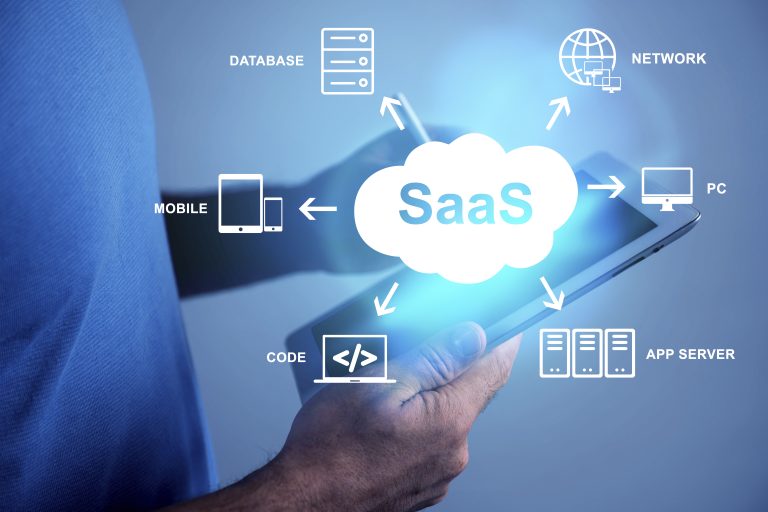
Key Cybersecurity Strategies for SaaS Companies
To stay secure in an increasingly hostile cybersecurity landscape, cybersecurity for SaaS applications must be comprehensive, proactive, and continuously evolving.
Here are the key strategies every SaaS company should implement to ensure the highest levels of security.
Data Encryption
Encryption is one of the most effective ways to protect sensitive data. SaaS companies should encrypt data both at rest (while stored on servers) and in transit (while being transmitted over networks). This ensures that even if attackers gain access to the data, it remains unreadable without the proper decryption keys.
Multi-Factor Authentication (MFA)
Multi-factor authentication adds an additional layer of security by requiring users to provide more than just a password to log in. This might include a one-time code sent to their phone or biometrics like a fingerprint. MFA significantly reduces the risk of account takeovers, even if passwords are compromised.
Secure Access Control
Controlling who can access sensitive data and applications is fundamental to cybersecurity. Role-based access control (RBAC) allows SaaS companies to limit user permissions based on their role within the organisation, ensuring that users only have access to the information they need to do their job.
Cybersecurity Monitoring for SaaS Applications
Continuous cybersecurity monitoring for SaaS applications is critical for detecting threats in real-time and responding swiftly to incidents. Monitoring tools such as Security Information and Event Management (SIEM) systems aggregate data from across the platform and alert security teams to suspicious activities.
Regular Vulnerability Assessments and Penetration Testing
SaaS platforms should undergo regular vulnerability assessments to identify weaknesses in their security infrastructure. Penetration testing simulates real-world cyberattacks to assess the platform’s ability to withstand different types of attacks.
API Security
APIs are essential to SaaS platforms, enabling integrations and extending functionality. However, unsecured APIs can expose SaaS platforms to cyberattacks. Proper API security measures, such as authentication, authorization, and encryption, ensure that APIs are not a weak point in your system.
Cybersecurity Is Essential for SaaS Success
In today’s competitive SaaS landscape, ensuring robust SaaS cyber security is not just about protecting data—it’s about maintaining trust, meeting regulatory requirements, and ensuring business continuity. By implementing strategies such as encryption, multi-factor authentication, cybersecurity monitoring for SaaS applications, and regular vulnerability assessments, SaaS companies can build a strong defense against cyber threats and provide a secure platform for their users.
Looking to Fortify Your SaaS Platform’s Security?
At Creative Networks, we offer tailored cybersecurity solutions for SaaS companies.
Get in touch with our experts today to secure your platform and protect your customers.


